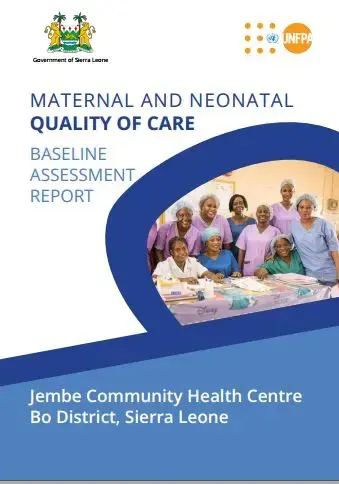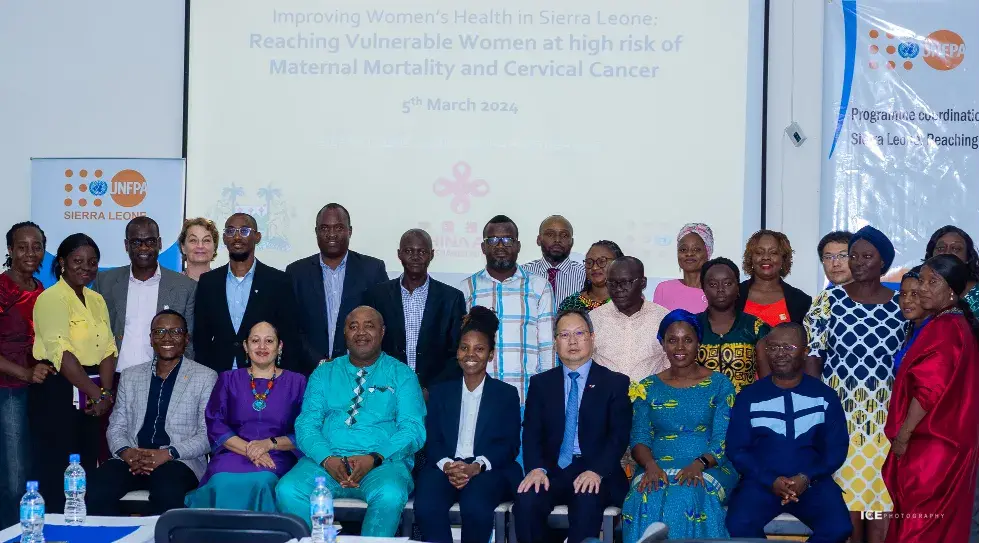The poor quality of maternal and newborn health services has been a significant issue in Sierra Leone, in part due to the protracted civil war followed by the Ebola outbreak. During the epidemic, fewer pregnant women accessed health care, and for those who did, an increase in maternal mortality and stillbirths was observed. As these events came to an end, the country was faced with the significant task of revitalizing a seriously impaired health care system. Most maternal deaths occurred in health facilities and the Sierra Leone Ministry of Health and Sanitation (MoHS) related these deaths to poor quality of care. A variety of factors affected the quality of care (QoC) such as: inadequate staff, unavailability of essential medications and supplies, limited capacity to manage obstetrical emergencies, ineffective referrals, lack of clinical protocols, poor staff attitude and poor documentation and use of
patient records.
In December 2017, the Government of Sierra Leone joined the Global Quality of Care network, which includes 10 countries taking the lead to improve the QoC of women and babies.
The vision of the QoC Network is that every pregnant woman, newborn and child receives quality care. The aim is to decrease facility deaths by 50 per cent among women and newborns, and stillbirths, within five years in the participating countries. One of the first steps was to establish a baseline assessment of the current state of maternal and newborn care.
The Maternal and Newborn Quality of Care Assessment in Sierra Leone was carried out to provide a baseline to guide planning for this quality improvement (QI) initiative. The assessment tool was adapted from the World Health Organization’s (WHO) Integrated Maternal, Neonatal and Child Quality of Care Assessment and Improvement Tool and limited to the maternal and neonatal modules. Infrastructure, human resources, service statistics over a 12-month period, support services and case management were covered.





